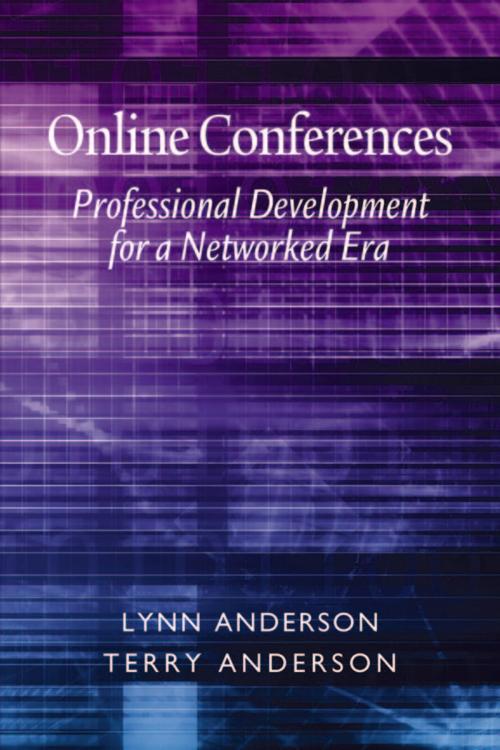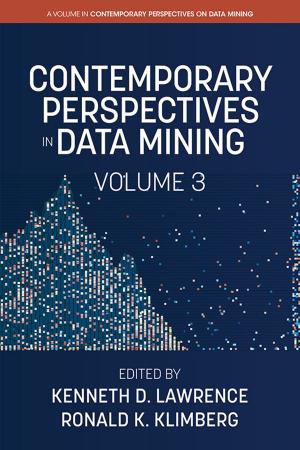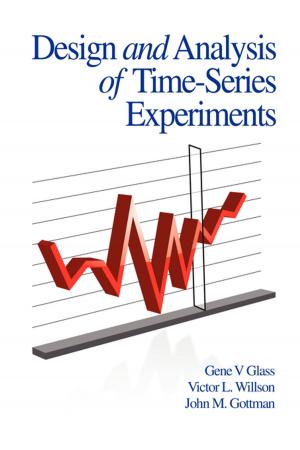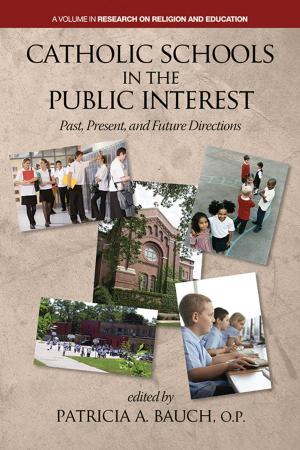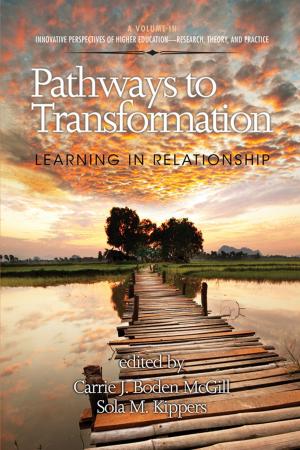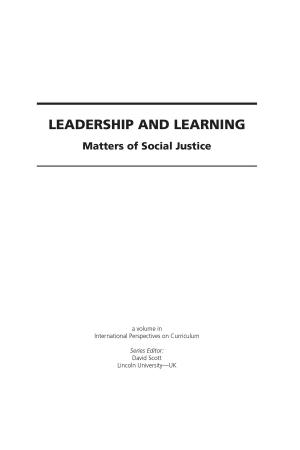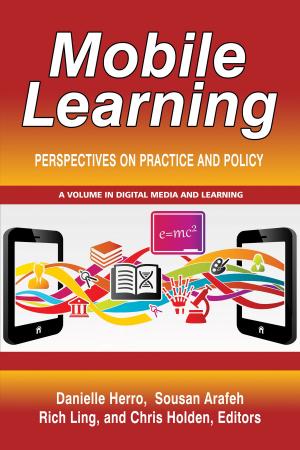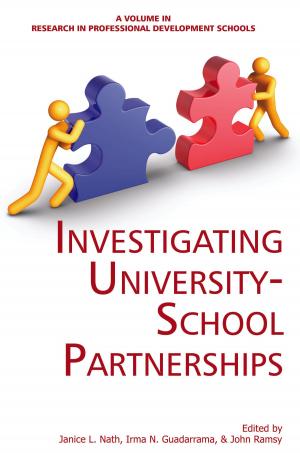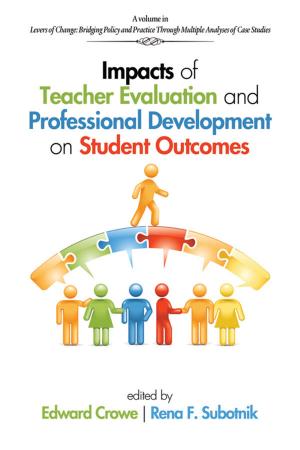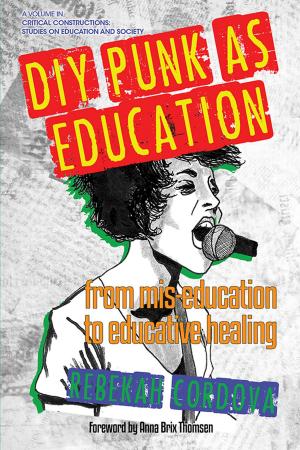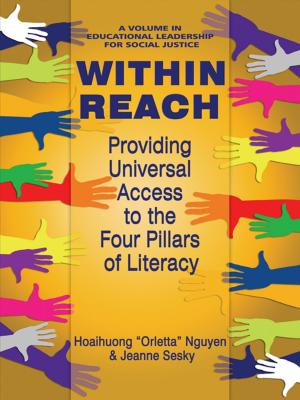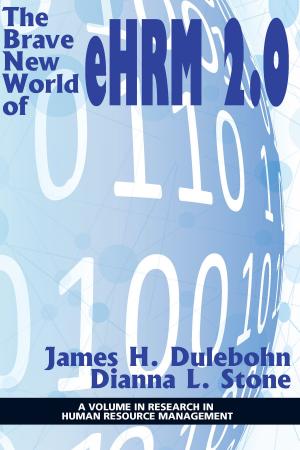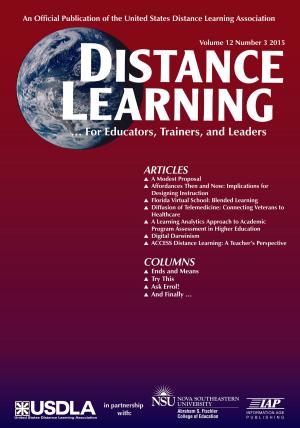Online Conferences
Professional Development for a Networked Era
Nonfiction, Reference & Language, Education & Teaching, Higher Education, Computers, Internet| Author: | Lynn Anderson, Terry Anderson | ISBN: | 9781617351402 |
| Publisher: | Information Age Publishing | Publication: | November 1, 2010 |
| Imprint: | Information Age Publishing | Language: | English |
| Author: | Lynn Anderson, Terry Anderson |
| ISBN: | 9781617351402 |
| Publisher: | Information Age Publishing |
| Publication: | November 1, 2010 |
| Imprint: | Information Age Publishing |
| Language: | English |
The professional conference has been, for many years, the primary tool for continuing education and networking in many professions. Now, however, the economic and environmental costs associated with travel, and the opportunity costs associated with absence from the workplace, compel organizers, trainers and executives to weigh the costs versus the benefits of this form of professional development. Online conferences offer an effective alternative that is economical, environmentally friendly and convenient. These factors position online professional conferences as poised to emerge as a mainstream form of lifelong learning in all professions. This book looks at the elements of effective continuing professional education, the affordances of interactive technologies, and the lessons learned by experienced online conference organizers. It is designed to provide guidance and advice to those wishing to coordinate, sponsor or participate effectively in an online professional development conference. The text describes various ways in which a variety of networking technologies are being used to support successful online professional development events. Resources for conference organizers are given in the form of links to commercial and open source software, and companies providing platforms and comprehensive support for the organization of online conferences. The text contains the results of interviews with 12 organizers of the most successful online conferences to date. Finally, a list of best practices, based on the research literature, experiences of the authors and experienced online conference organizers, is presented in the final chapter.
The professional conference has been, for many years, the primary tool for continuing education and networking in many professions. Now, however, the economic and environmental costs associated with travel, and the opportunity costs associated with absence from the workplace, compel organizers, trainers and executives to weigh the costs versus the benefits of this form of professional development. Online conferences offer an effective alternative that is economical, environmentally friendly and convenient. These factors position online professional conferences as poised to emerge as a mainstream form of lifelong learning in all professions. This book looks at the elements of effective continuing professional education, the affordances of interactive technologies, and the lessons learned by experienced online conference organizers. It is designed to provide guidance and advice to those wishing to coordinate, sponsor or participate effectively in an online professional development conference. The text describes various ways in which a variety of networking technologies are being used to support successful online professional development events. Resources for conference organizers are given in the form of links to commercial and open source software, and companies providing platforms and comprehensive support for the organization of online conferences. The text contains the results of interviews with 12 organizers of the most successful online conferences to date. Finally, a list of best practices, based on the research literature, experiences of the authors and experienced online conference organizers, is presented in the final chapter.
